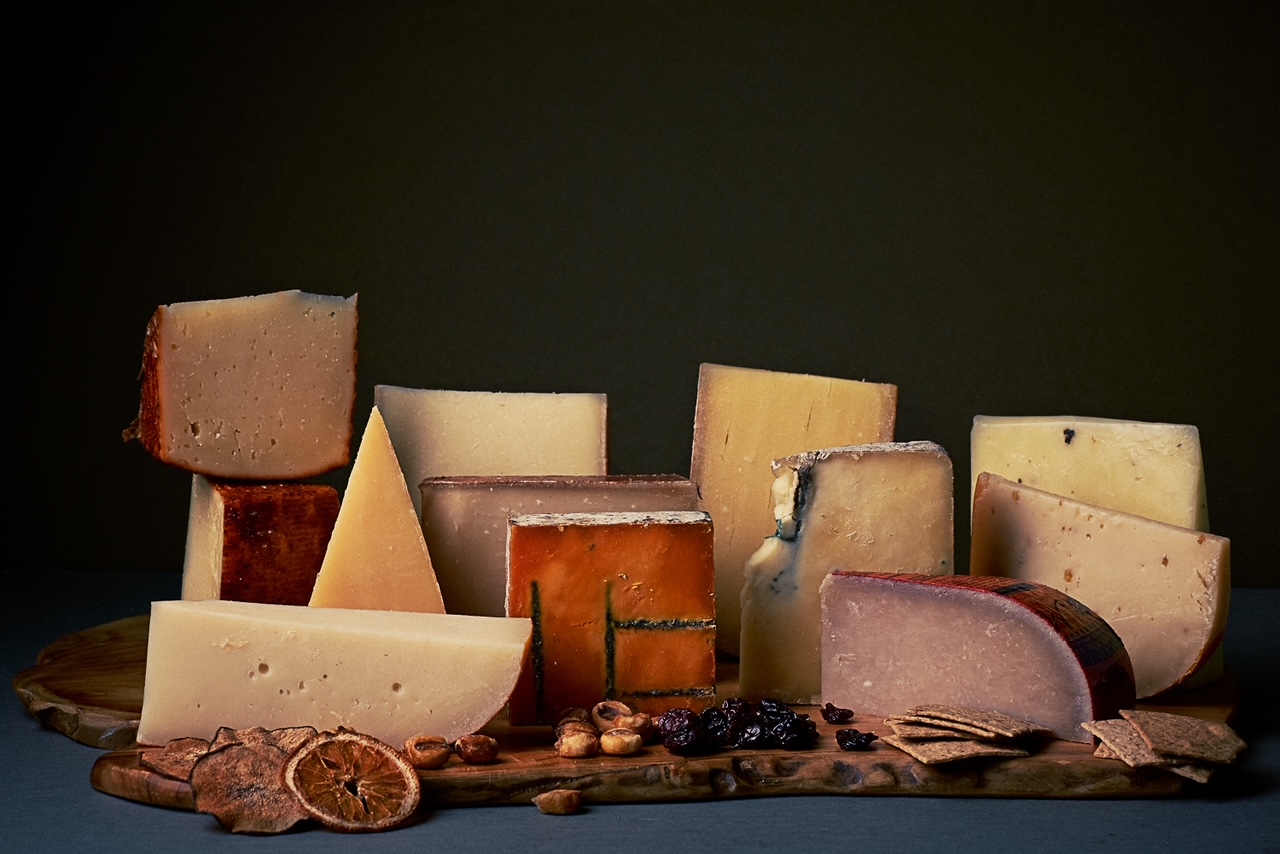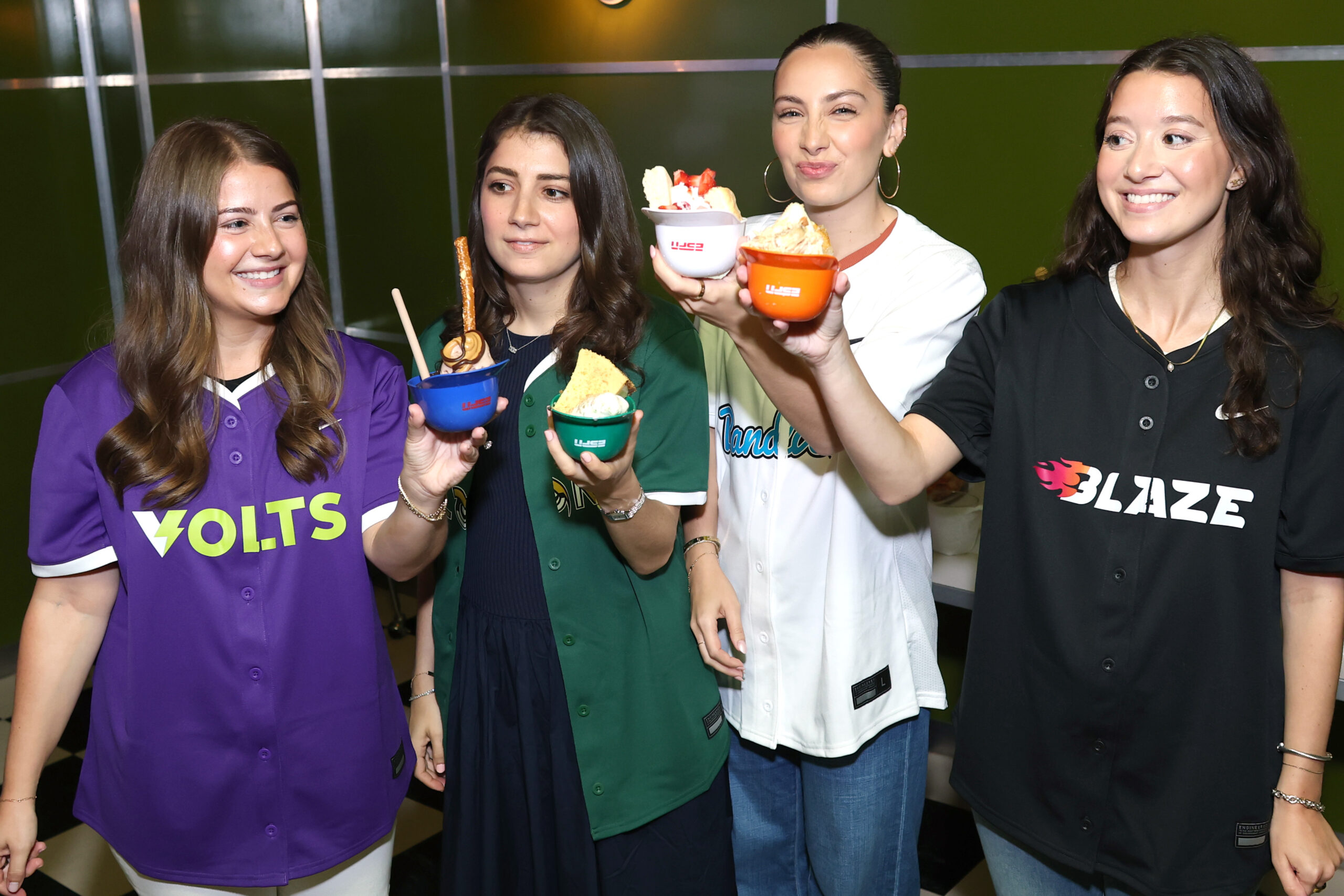
As the saying goes, necessity is the mother of invention. So when the pandemic shut down day-to-day operations at California-based charity Courageous Kitchen, a food education organization serving asylum seekers and refugees in Thailand, Christy Innouvong-Thornton and her business partner Beatriz Aurelio-Saguin knew they had to do something else to raise money and awareness for their cause.
The result? Tuk Tuk Box, the only U.S. based Southeast Asian subscription snack box on the market, which officially launched Sept. 4, 2020.
The idea, said Innouvong, came about at the beginning of the pandemic when friends and former clients repeatedly asked her where they could find specific Southeast Asian ingredients, since they could no longer meet for in-person cooking classes. “I started sending out care packets to my friends. Sometimes it would be snacks, sometimes it would be fish sauce, which got me thinking about a way to do meal kits, but in a more sustainable way,” she said.

Photo by Unison Creative
A typical box may include velvety ube cake, a refreshing guanabana beverage, or crispy pearl barley covered in salted caramel. If noodles are more your thing, they also offer a signature Southeast ‘Noods’ box that comes with a set of reusable teak chopsticks and a complementary Laos ‘Noods’ mask. All are sourced from partnerships with local farmers, small business owners, and the occasional Top Chef (for specially-crafted boxes) as a way to create opportunities for the diaspora.
Boxes come in three flavors, including “Lil’ Funky,” “Funky Fresh” and “Funkalicious.” Though the names may be playful, the woman owned and operated company is serious, with a minimum 10% of its profits going to Courageous Kitchen.

Photo by Louiemark Ambata
Innouvong is also intent on using her creation to spark discussions about the immigrant experience. “The boxes are a fun, digestible way to draw people in to start a conversation about the deeper issues,” she said.
“If I sit down at a table and I say, ‘Hey, let’s talk about refugees’, or ‘Let’s talk about the Secret War in Laos,’ it’s not necessarily very polite table talk if you will. But I believe we must share a meal to become family and food is a universal language.”
Each Tuk Tuk Box curates ingredients from across the Southeast Asian diaspora, be it cakes from Thailand or beef jerky from Laos. No one, she stressed, is left out of the conversation.

Photo by Unison Creative
That philosophy extends to all aspects of her company. Tuk Tuk’s mission, she said, is to bring people together through education and food in the hopes of raising awareness about racism and colorism in the Southeast Asian community.
“We’re very meticulous and I guess particular not only about supporting people, but hiring people,” Innouvong said. “That goes down even to our web developer, our photographer and graphic designer. Every single person is of Southeast Asian descent because we want to create opportunities for our community.
“When we’re at the table, we can break down those barriers and have those uncomfortable conversations.
“That’s how we learn about each other in different cultures.”

Photo by Louiemark Ambata
Even the company’s name is a lesson in history. Tuk Tuk comes from the motorized three-wheeled vehicle, often called a tricycle, pigeon, auto or lapa with a rickshaw design and a low putt-putt sound that’s an iconic symbol of Southeast Asian lifestyle.
NEXT ON THE DISH








